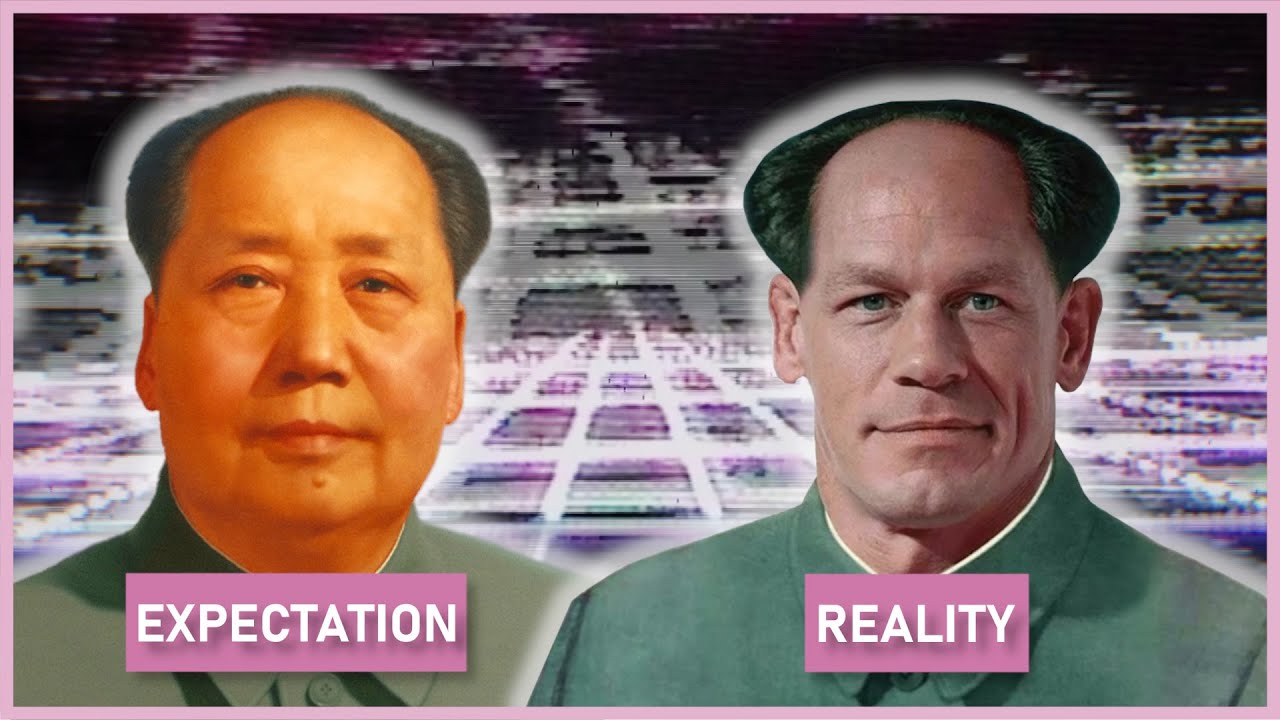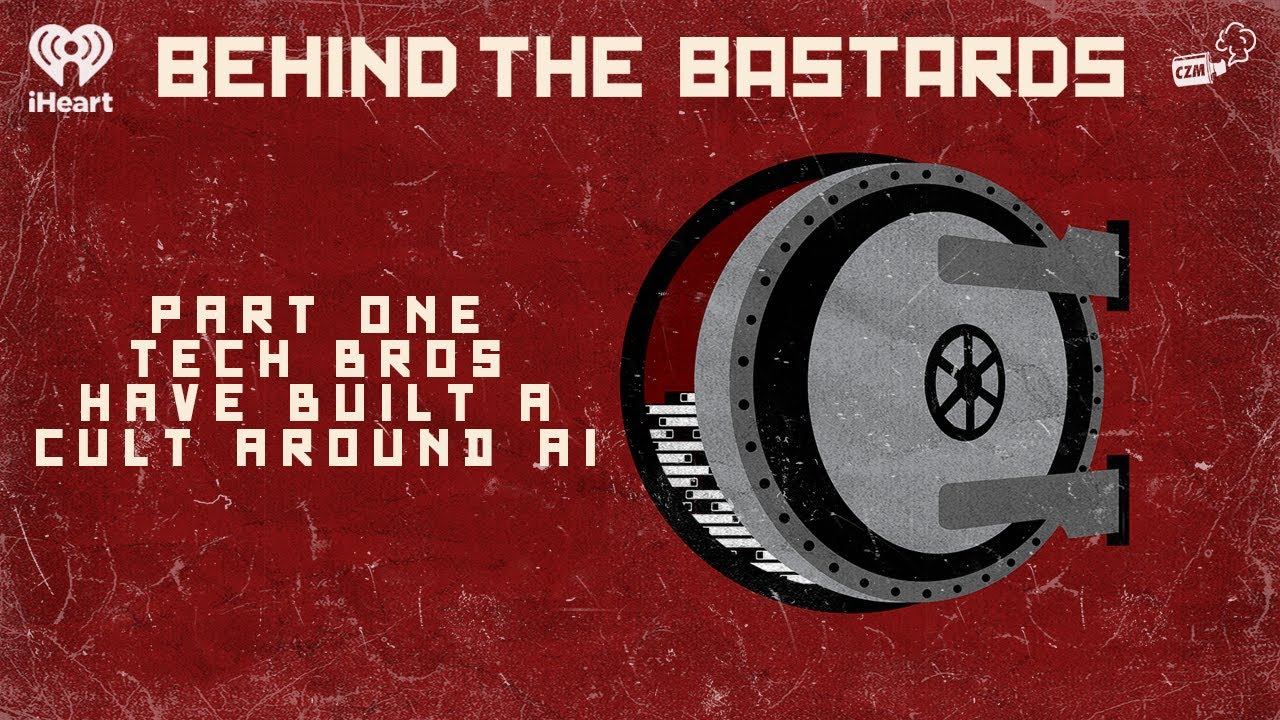Yes. I’m not talking about the people in the Rust Belt, I’m talking about the people in majority Blue states, like Oregon and Washington. There have been lots of riots over police brutality, and the whole Capitol Hill Autonomous Zone that was kept for almost a month. Thing was, with Trump, there will be way tougher riots. People will not worry about looking good for the press since they’re just lying all the time. There are also tons of Trump voters who felt betrayed who were staunch Libertarians, and they studied things like Ruby Ridge and Waco. There’s also a lack of IEDs and sniper rifles at those earlier protests, which will also change. It’s going to be like the Iraq occupation, not to mention Trump voters being really scared and having poor critical thinking skills, and being uneducated as shit (read: easy to outsmart).
- 49 Posts
- 96 Comments
You could also fight it out, you know. When tyranny becomes law, rebellion becomes duty.
I know there’s a very “if you know you know” thing happening, but what will replace America? Is it Russian and Chinese troops coming all the way to Florida so they can set up a military base?
You cannot have America “cease to exist” on its own. Trump will fuck over America, and make it more barbaric in both foreign and domestic affairs, but it will not “stop being America”. I’m sick and tired of people saying “this isn’t America!” when the United States deposes a democratically-elected candidate again, or when its “democracy” gives people the choice between two war-hawks again, or when the FBI spies on people against their will again, or enacts huge tax cuts again, and so on. Sure, since Kamala is slightly less American, I chose Kamala because of harm reduction. But what I want you all to understand is this:
I don’t want the America of the 1990’s. I don’t want the America of the 1950’s. I don’t want the America of the 1920’s, or the 1890’s, or the 1850’s, or some fever-dreamt America “that will someday happen”. I want NO America. I want NO United States Federal Government.
Sure, Russia and China are bad. But I will not acquiesce to the US military for the sake of fending them off. US democracy has never put people in control of their government; instead, it’s been about two warmongers promising to keep things as they are. Ever since 2016, voting has been an act of begging.
Instead of voting to give the government their say, people vote to beg the government not to make draconian laws. Any state will have a happier, freer people if they secede from the Union, defend themselves successfully, and make a fresh start.
Edit: Meant to press “Preview” and pressed something else.
I’d say most working-class since Reagan. The Dems were obviously scared of Suburban Republicans, and obviously trying to court their vote, for some reason. They were probably convinced that the United States was a “post-industrial” society, so as the logic goes, cultural issues would take precedence over class ones, and 24/7 social media users would be more valuable than blue-collar workers. There was also the idea that China is the world’s manufacturing base, most metals are mined in African countries (like how cobalt comes from the Congo), and most fruits come from Latin American countries (like bananas from Guatemala). Class, nevertheless, remains a concern, and the proletariat in the United States is not a fiction.
I just wanted to put a quote from Blackshirts and Reds here. Chapter 9 as a whole has some very prescient parts:
To the extent that class is accorded any attention in academic social science, pop sociology, and media commentary, it is as a kind of demographic trait or occupational status. So sociologists refer to “upper-middle,” “lower-middle,” and the like. Reduced to a demographic trait, one’s class affiliation certainly can seem to have relatively low political salience. Society itself becomes little more than a pluralistic configuration of status groups. Class is not a taboo subject if divorced from capitalism’s exploitative accumulation process.
Both mainstream social scientists and “left” ABC [Anything-But-Class] theorists fail to consider the dynamic interrelationship that gives classes their significance. In contrast, Marxists treat class as the key concept in an entire social order known as capitalism (or feudalism or slavery), centering around the ownership of the means of production (factories, mines, oil wells, agribusinesses, media conglomerates, and the like) and the need—if one lacks ownership—to sell one’s labor on terms that are highly favorable to the employer.
…
To support their view that class (in the Marxist sense) is passé, the ABC theorists repeatedly assert that there is not going to be a workers’ revolution in the United States in the foreseeable future. (I heard this sentiment expressed at three different panels during a “Gramsci conference” at Amherst, Massachusetts, in April 1987.) Even if we agree with this prophecy, we might still wonder how it becomes grounds for rejecting class analysis and for concluding that there is no such thing as exploitation of labor by capital and no opposition from people who work for a living.
Class has a dynamic that goes beyond its immediate visibility. Whether we are aware of it or not, class realities permeate our society, determining much about our capacity to pursue our own interests. Class power is a factor in setting the political agenda,
selecting leaders,
reporting the news, funding science and education, distributing health care, mistreating the environment, depressing wages, resisting racial and gender equality, marketing entertainment and the arts, propagating religious messages, suppressing dissidence, and defining social reality itself.
ABC theorists see the working class as not only incapable of revolution but as on the way out, declining in significance as a social formation. Anyone who still thinks that class is of primary importance is labeled a diehard Marxist, guilty of “economism” and “reductionism” and unable to keep up with the “post-Marxist,” “post-structuralist,” “post-industrialist,” “post-capitalist,” “post-modernist,” and “post-deconstructionist” times.
It is ironic that some left intellectuals should deem class struggle to be largely irrelevant at the very time class power is becoming increasingly transparent, at the very time corporate concentration and profit accumulation is more rapacious than ever, and the tax system has become more regressive and oppressive, the upward transfer of income and wealth has accelerated, public sector assets are being privatized, corporate money exercises an increasing control over the political process, people at home and abroad are working harder for less, and throughout the world poverty is growing at a faster rate than overall population.
This, I think, has a lot to do with Dems today, esp. with Chuck Schumer appealing to “moderate Republicans in the suburbs in Philadelphia”, which blatantly shows how little they understand class, even in an election–and as we’ve seen, even when a fascist could win instead. The dismantling of class conscious has been a disaster for the world. This is especially the case as people conflate hardworking intellectuals with the bourgeoise, and misconstrue legitimate protests against state greviances as a “color revolution”.

 15·5 days ago
15·5 days agoI don’t think this will work. Say what you want about non-Conservative men, the Conservative ones never cared about consent. It’s like a slave refusing to work. The best adage is “the beatings will continue until morale improves”. Rapists always act the same toward their victim, no matter the age, and they are best dealt with in the electric chair.
Eh, you’re welcome here.
 485·1 month ago
485·1 month agoI’ll vote Dem, but I am ashamed beyond measure of the Dem party. Despite the public doing all they can to stop Trump, the actual candidates running against Trump are sitting on their asses and refusing to take serious action. This “Blue Wave” is not approval FOR Harris-Walz, but rather DISAPPROVAL for Trump. Dems are ultimately more responsible for fascism in the U.S. than their voters.
All in all, the entire United States Government is at fault. This is just one reason why I want an independent Cascadia.
Made a mistake in par 2. Should be polycrisis is almost entirely.

 6·1 month ago
6·1 month agoDespite my Anarchist leanings, I still hate Tea-Partiers for their disregard for human life.

 5·1 month ago
5·1 month agoI mean, that wouldn’t just solve the climate crisis, that would also get people to talk to each other, help people exercise, cut down on pollution…
Oh. Well that should’ve been obvious to me.
Well, they’re more Islamophobic than anti-Semitic.
It’s a low-quality absurdist post. The joke is that waaaay too many people who aren’t feminists are Nazis, child molesters, unwashed people, etc.
Useless. It’s like giving a dead man medicine.
Just throw all of them into prison Stalin-style. Religion never deserved to be protected as a right.
I should’ve scaled down the image a bit. I suppose people have gotten used to images being really huge over the years due to using the same sites

















I’m not mad, and I did vote, but I am disappointed.